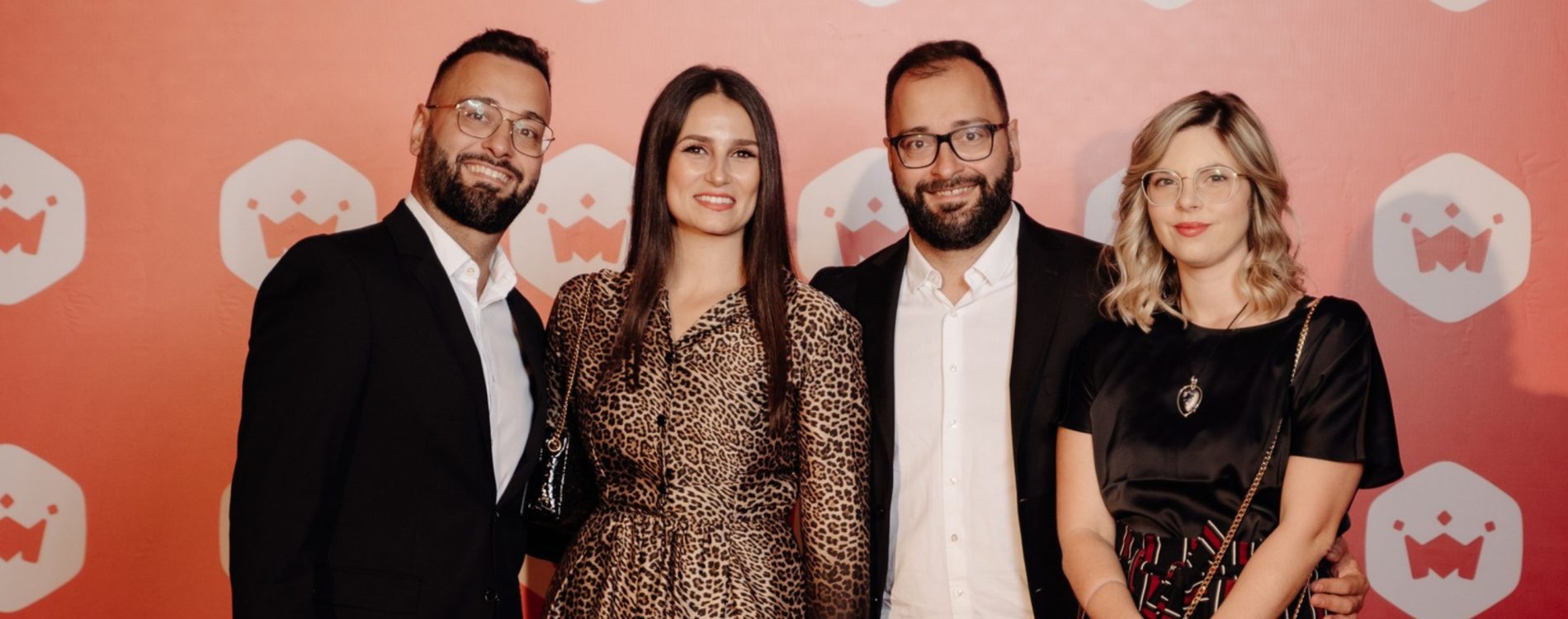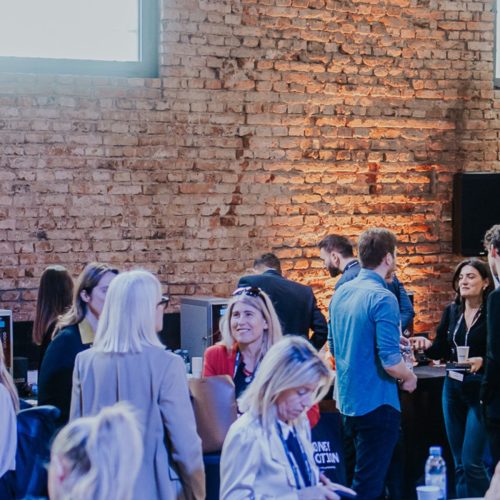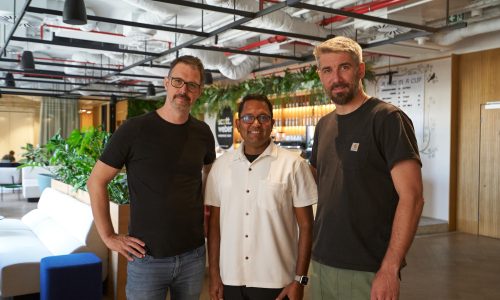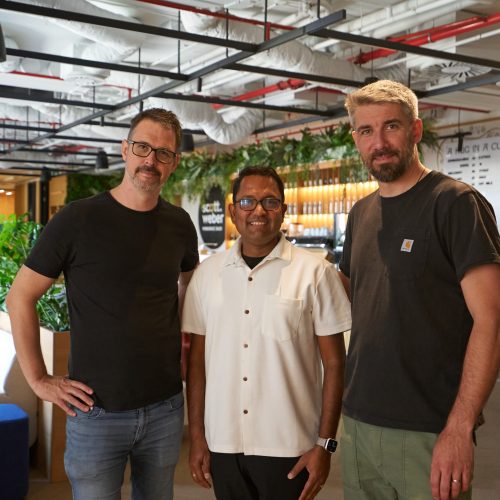Ministry of Programming is a Bosnia-based startup studio working with startups from all over the world, with a mission of helping entrepreneurs design and launch new products, iterate, and succeed faster.
Founded by the trio of entrepreneurs – Resad Zacina, Amra Zacina and Faris Zacina in 2015, the company is providing end-to-end support structure with pre-seed capital, team augmentation, as well as advanced product design and development services to early-stage startups and new products. Their main areas of interest are startups range from fintech, loT to e- commerce, healthtech, agritech, and more.
Over the years, Ministry of Programming has become one of the fastest-growing venture builders in Central Europe, receiving multiple international recognitions and accolades from Deloitte, UNDP, as well as the Financial Times.
During Money Motion 2024, IT Logs met up with the company’s co-founder and co-CEO Resad Zacina and discussed the variety of aspects of Ministry of Programming’s work, as well as their efforts to make angel investing more popular throughout the SEE region and to boost local economies.
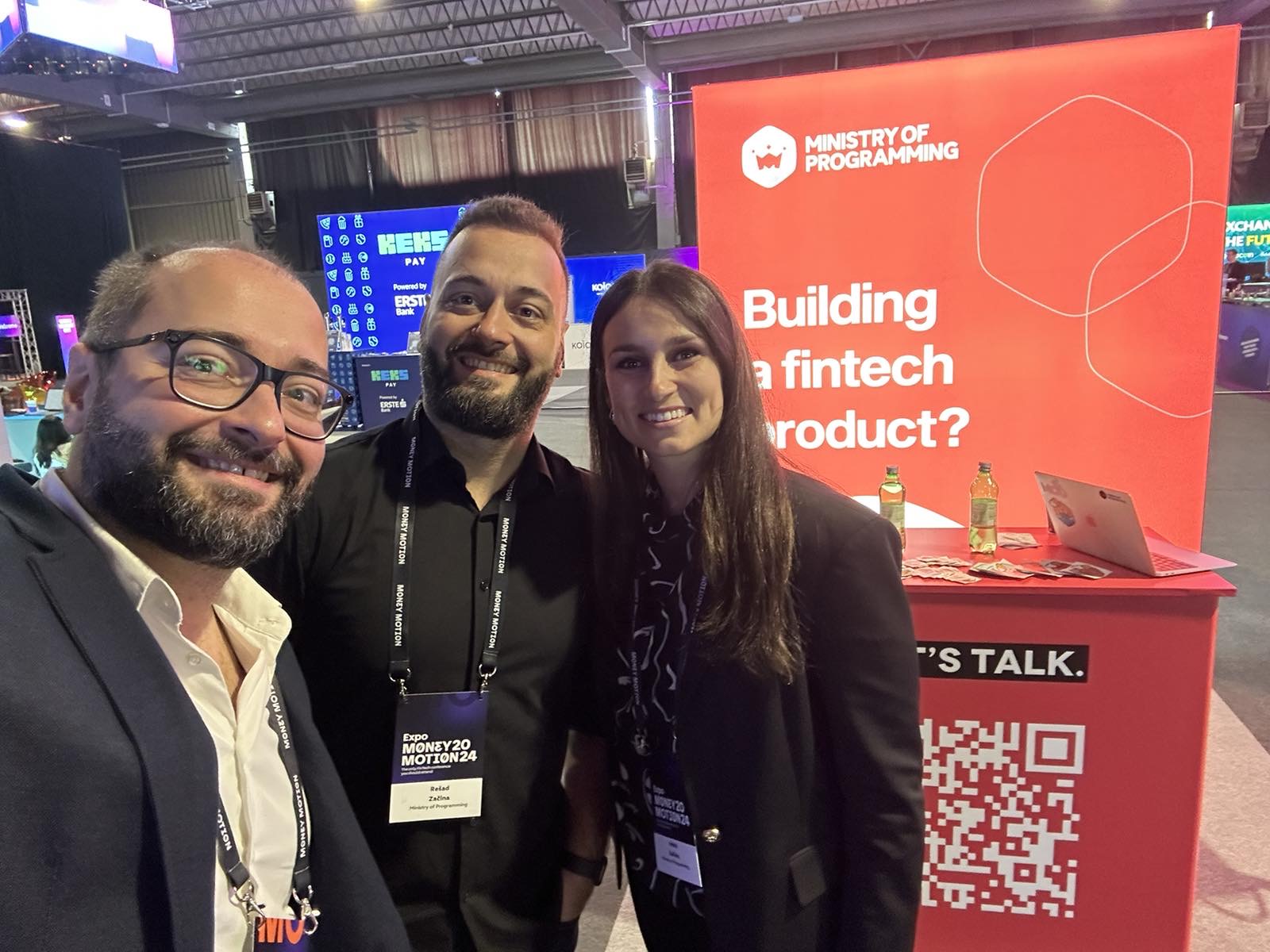
IT Logs: Tells a bit about Ministry of Programming’s origin story?
Resad Zacina: Ministry of Programming is a startup studio, the only company of this kind in Bosnia and Herzegovina. The company initially started when Amra and I were back in Sweden in Stockholm, and at the time we were working between Stockholm and Sarajevo. In the first year of operation, we were still living in Stockholm, and then we moved back. But the company was founded in Bosnia.
Fast forward, we managed to grow very quickly. We received several awards for being one of the fastest growing companies in Central Europe. Now, we’re doing pretty significant revenue each year, and have almost 200 employees.
We have practically three arms of the company, but right now everything is under the same brand. We have a small investment fund inside the company, and we deployed over million and a half euros to around 12 companies, mostly from Sweden.
We work in the “Sweat equity” model (value built through unpaid work, leading to ownership or increased value due to the owner’s diligent efforts) and sometimes we also invest cash, so that’s the investment arm of the company.
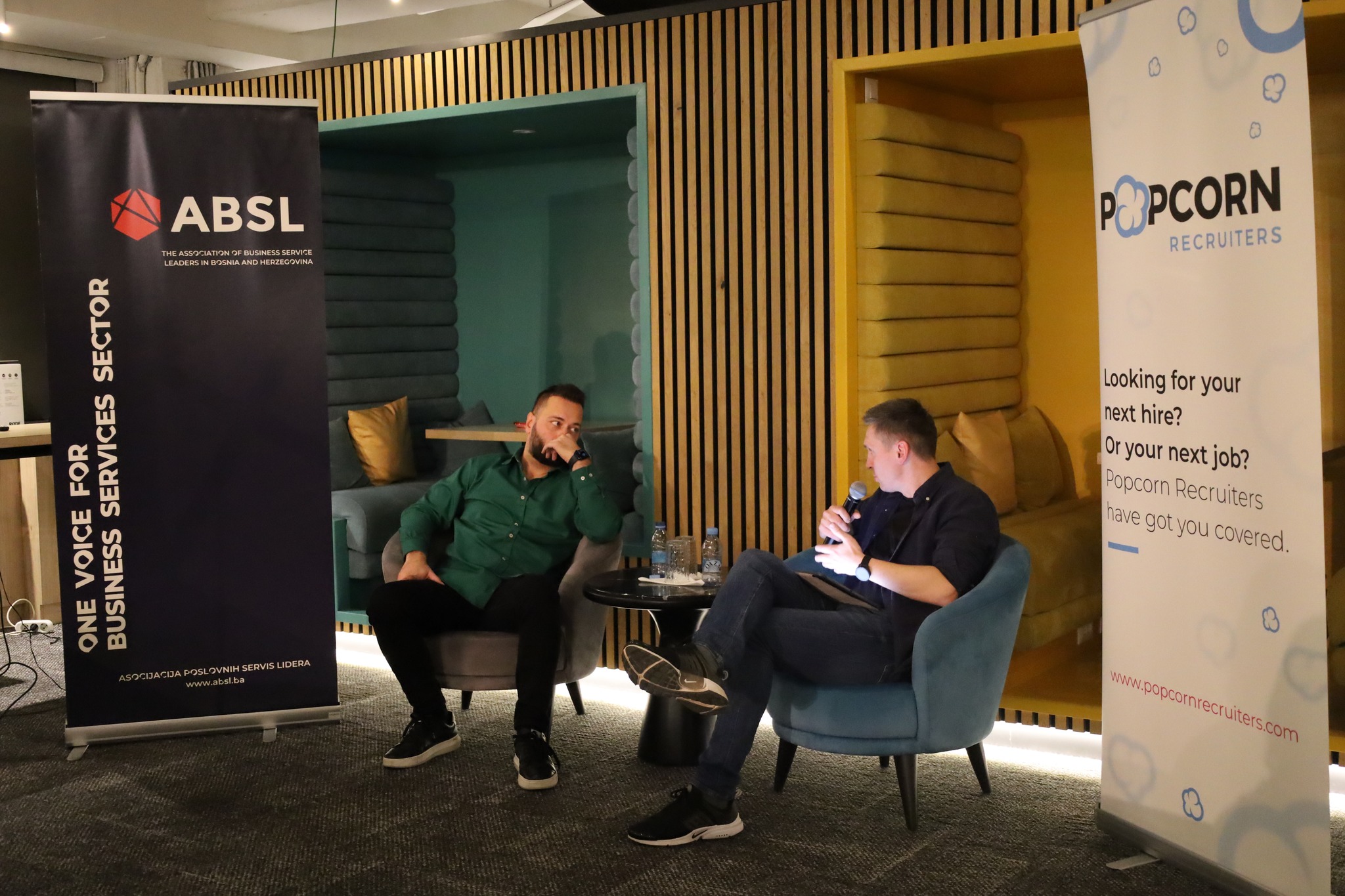
We also do classic consulting for startups, and then we also have another part which is the startup studio part where we sometimes take ownership in some of the companies by doing the “Sweat equity” model, and we continue building the company with those people for many years.
Which are your markets are you operating in and do you also focus on startups from SEE?
Because of the general scarcity of startups in Bosnia, we couldn’t find a good match for us, so we did the more practical thing of focusing more on the West. As an investor and as a company doing innovation, it made more sense to partner up with these companies. However, we also did try to build a couple of products in the SEE.
Recently, we became a part of the first network of investors in Bosnia which is called the Bosnian angels network. And that’s really an interesting initiative because we were able to deploy also the first investment as a syndicate to that group. We invested in a company from Serbia called BeeHold, an agritech startup.
We invested in them through the Bosnian angels’ syndicates. Basically, we brought together a lot of people that didn’t know how to do investments, but had some money, which is also something that I think could be replicated to other countries in the region as well.
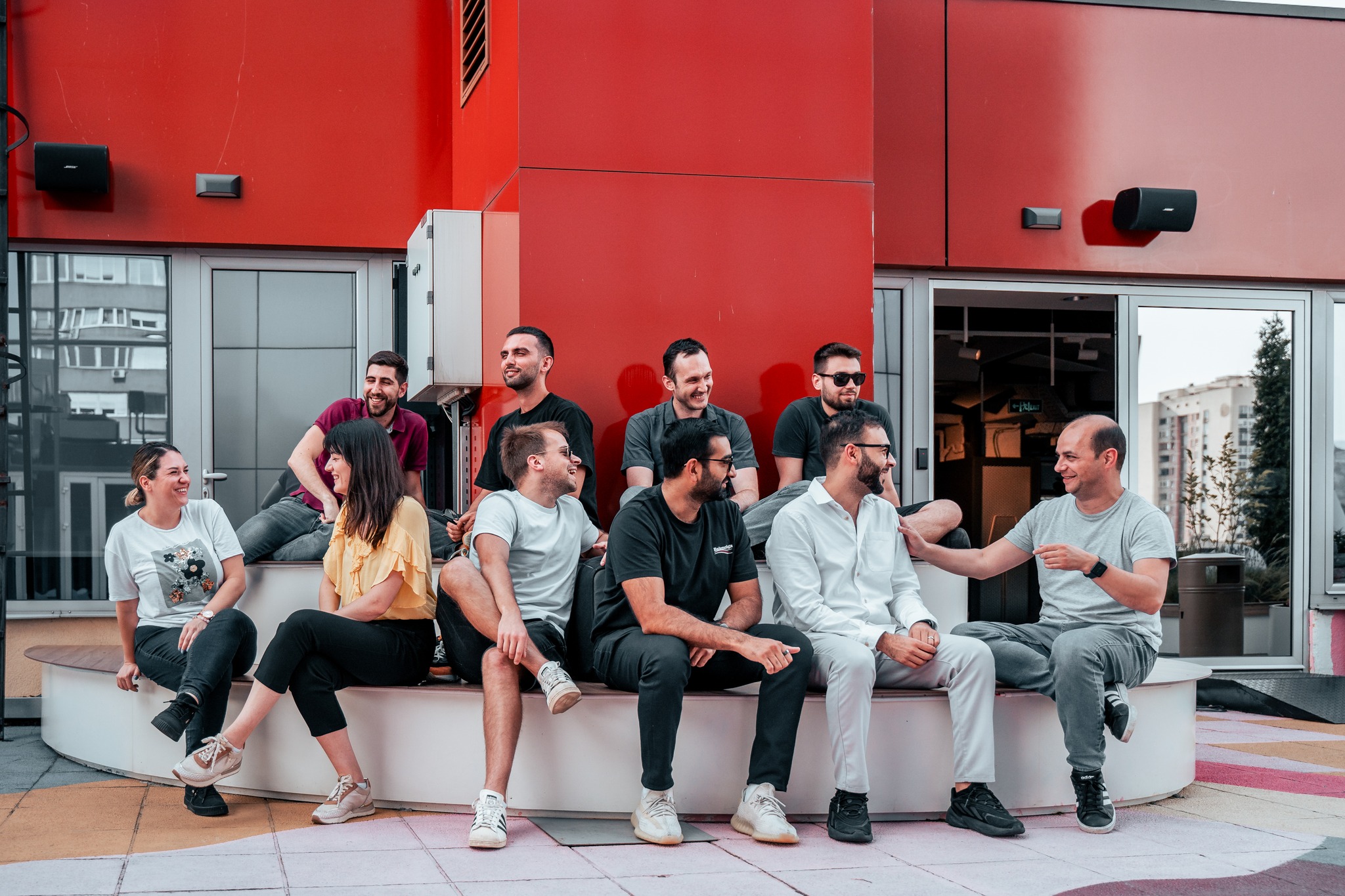
It’s interesting because a lot of people from this region don’t know how to invest, so we wanted to partner up with them and also be one of the prominent investors from the country, and in the area for angel investing. We wanted to participate as well, and to show how it’s done. We look for those types of investments now not only in Bosnia in the whole region.
What do you think is missing for regional startups to attract investments?
I think it depends from country to country. For example, Serbia is a bit more developed, obviously, but this is also because the government was doing concrete measures to help the ecosystem, which was not the case of Bosnia.
We see that in Bosnia, we miss both the government involvement and also the young people are not so keen on founding new companies. I think that obviously countries such as Serbia and Croatia are a bit in front, while some other countries are still focused mostly on services instead of building new companies.
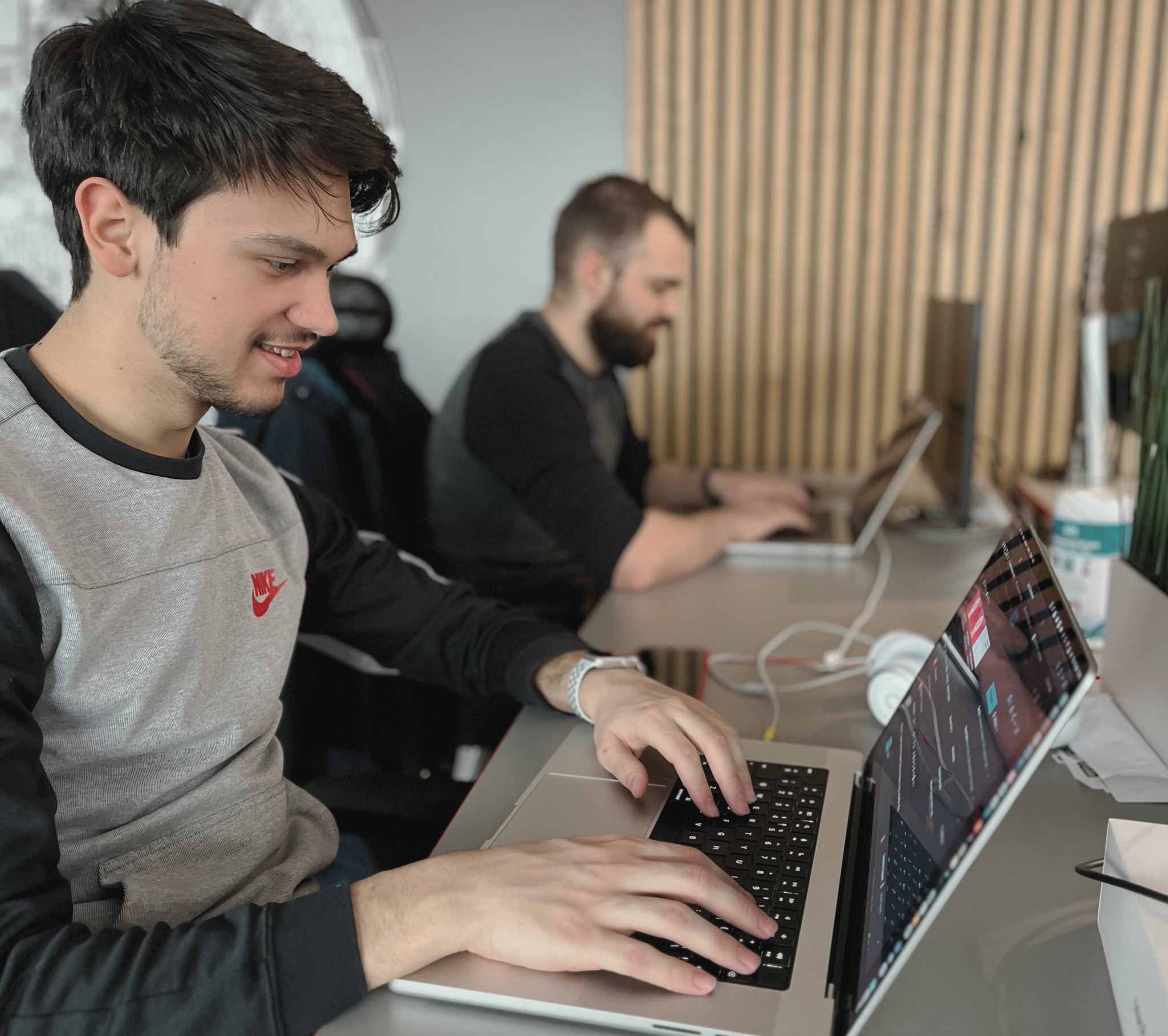
It’s not only about one thing, it’s several things – access to capital, a good ecosystem, a good legal framework. Obviously, we noticed this everywhere – the legal framework is often a problem because people cannot open a company quickly and the closing part is even worse. So, some of these barriers that are just super complicated and need to be removed in order to speed up the innovation pace.
What type of industries in SEE can benefit the most from the establishment of different startups?
I think the logical start is agritech and e-commerce. It’s really unbelievable that for example, in Bosnia, you have maybe like 10 interesting e-commerce players, which shows that there is an opportunity here. So, we can start from those areas and then venture into more high-tech stuff.
It’s the basic things that people need – focus on food, e-commerce, the areas where people can get something that is more palpable, and where they can see the benefit themselves. Then obviously, as we develop the ecosystems we can also venture into other areas such as AI – and this technology can be incorporated into the products and verticals that I mentioned.
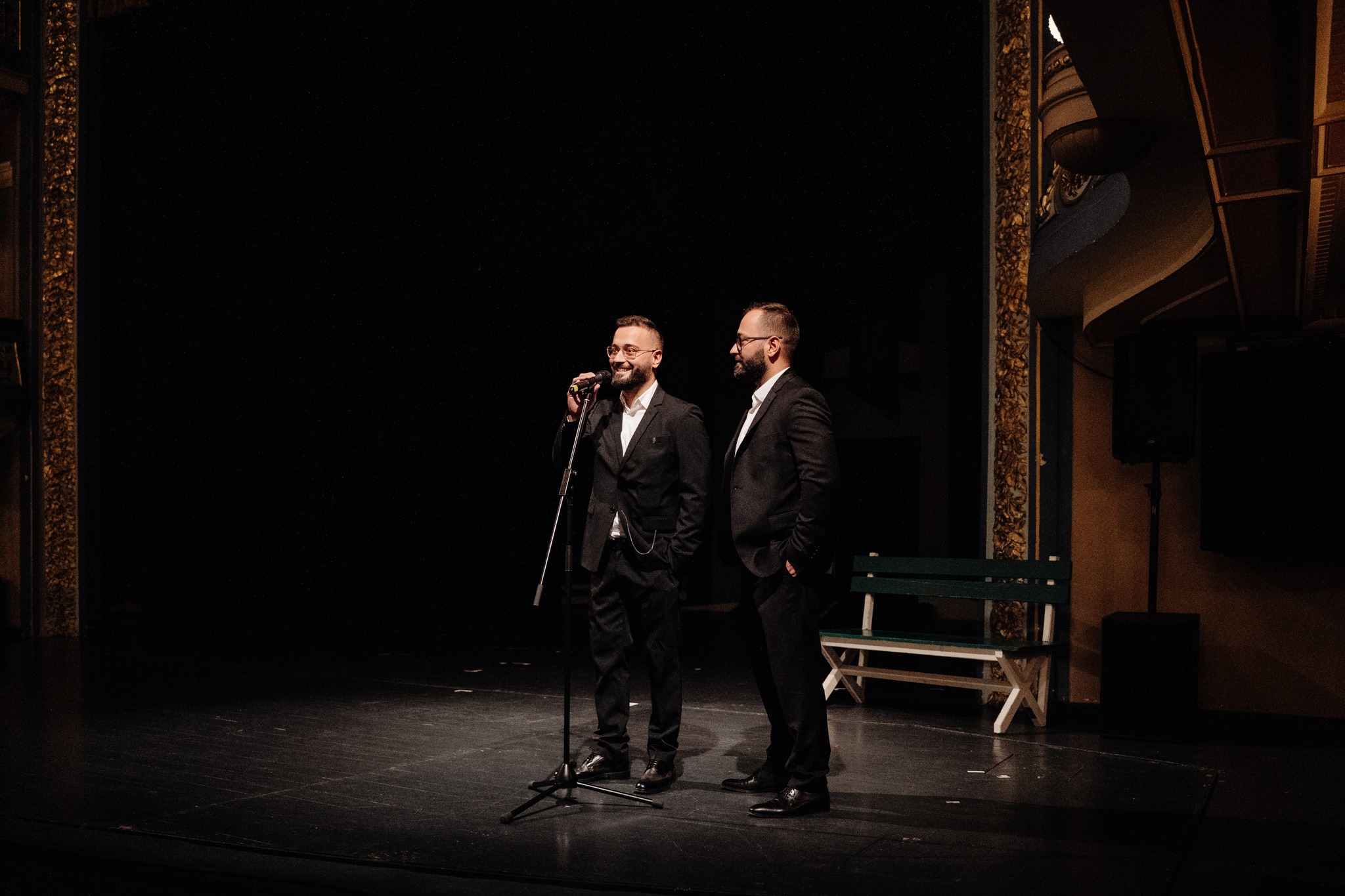
The concept of business angels is relatively new for the region – how do you see this moving forward?
Well, first of all there are a lot of people with money, right? There are lots of millionaires in every country from the region. They are making money in different industries, but somehow, they have never been exposed to the concept of angel investing.
They usually venture into real estate or more traditional investments of that kind. We think that angel investing can be interesting, and people need to see what it is and how it can work. And to see how it works they need to see that there are exits – to see that people are making money from their investments.
I think that good examples need to be showcased where people make money, and then that could be interesting for the people that have the money and that can be educated in that regard.
But the worst thing that can happen is that all of that money sits into real estate and into bank accounts and some low interest funds and stuff like that. That’s not a good thing for the economy, because the only ways that regional economies can be boosted is through having new companies and jobs opening up. And I think that this is crucial for all the countries in the former Yugoslavia region.
